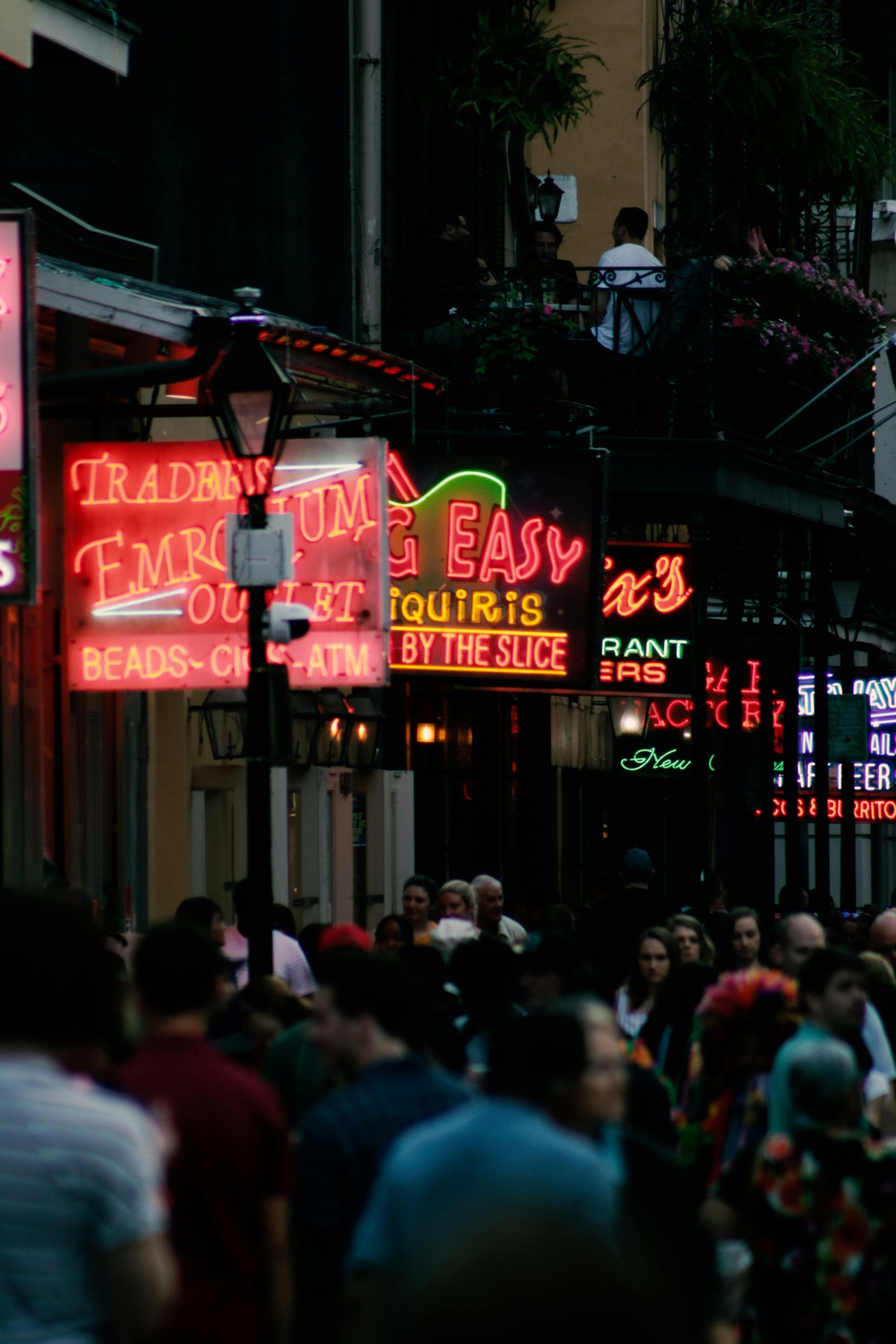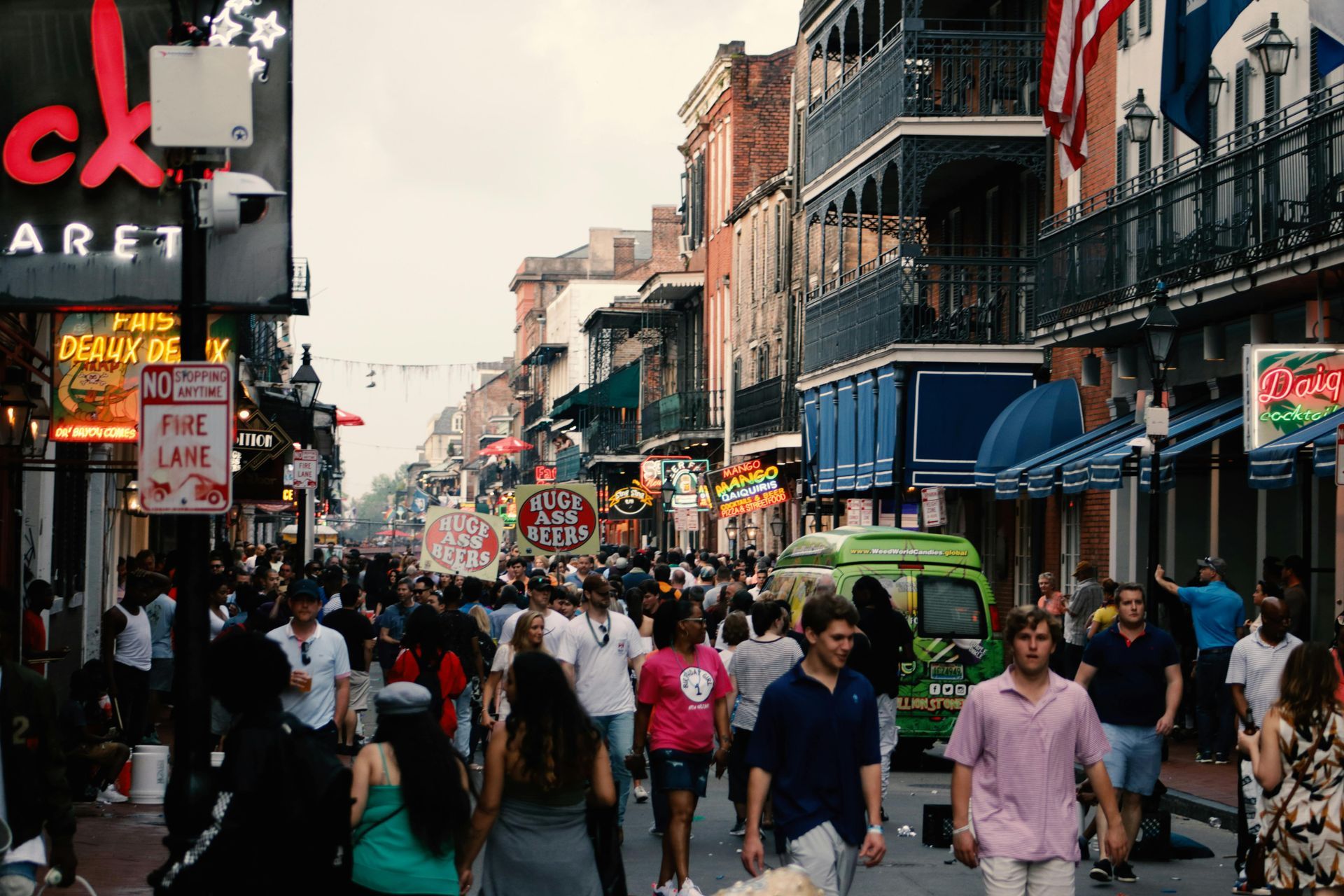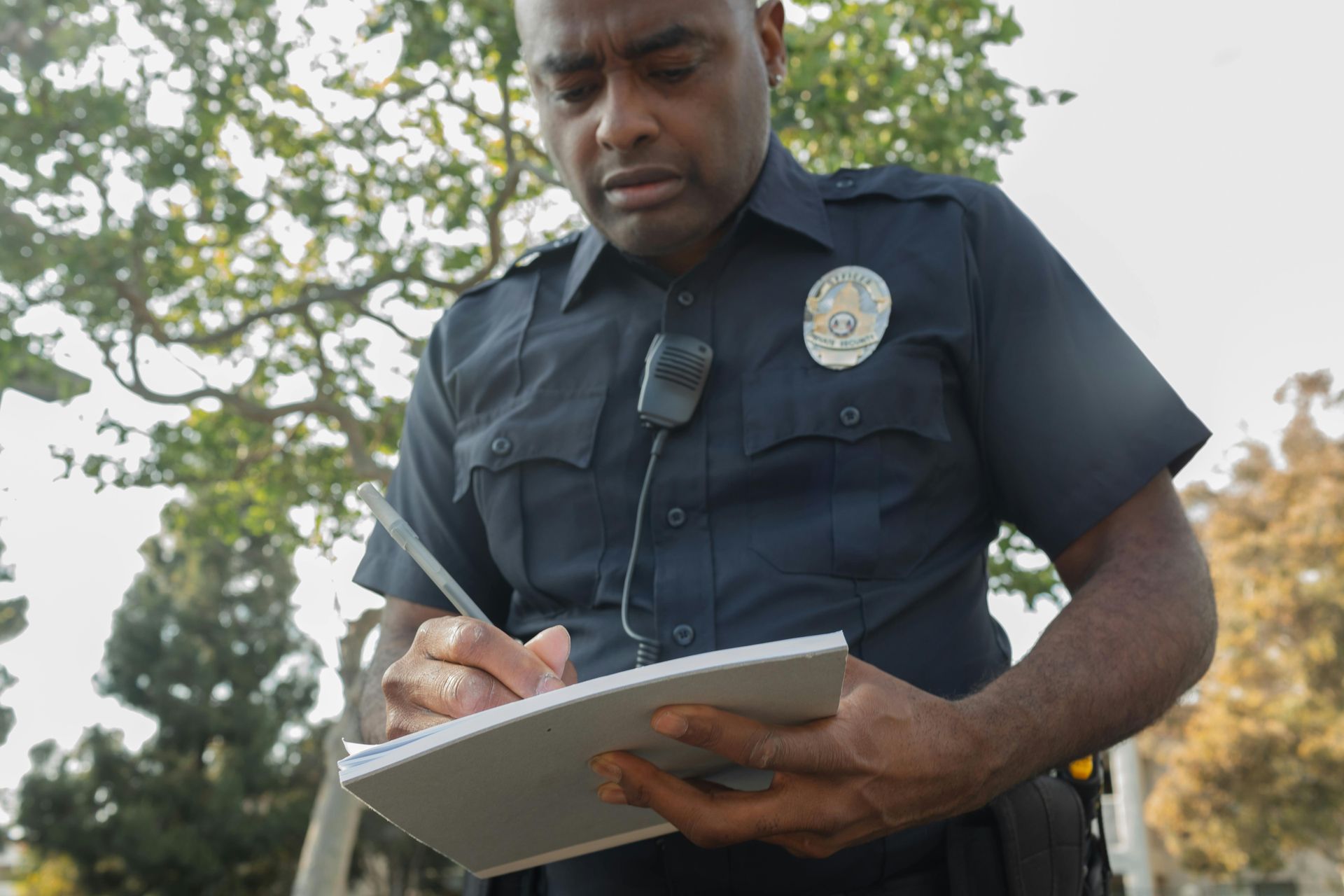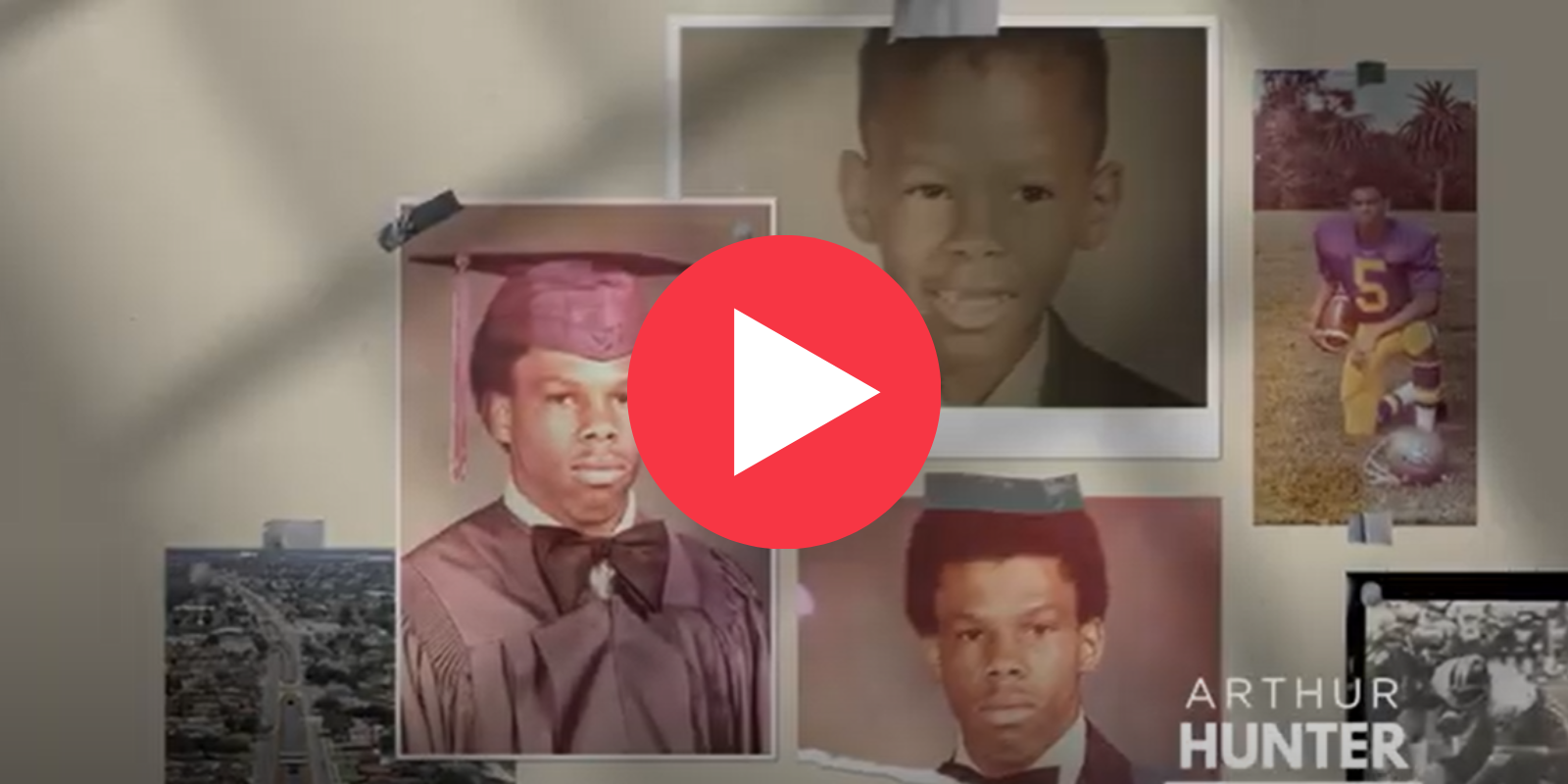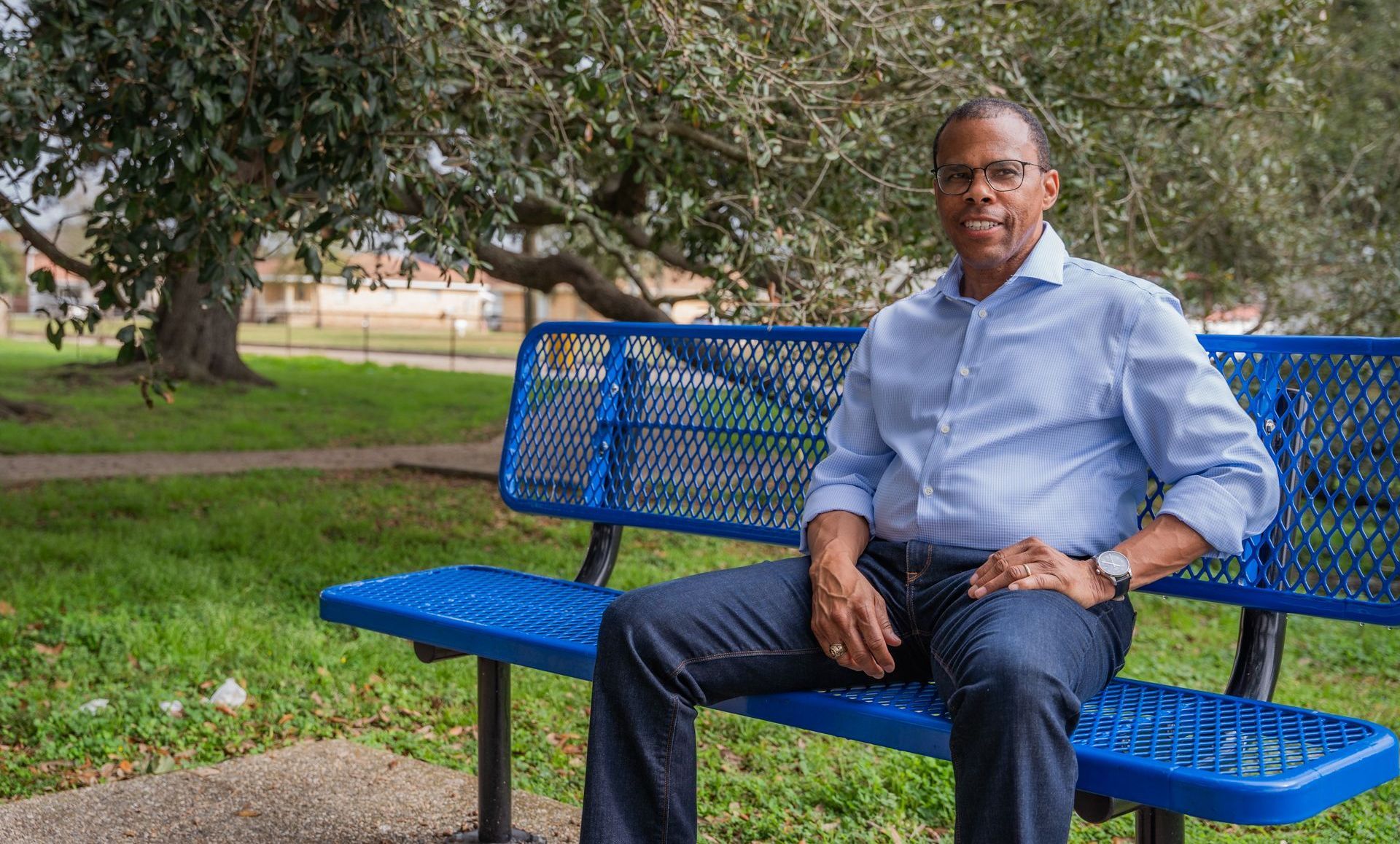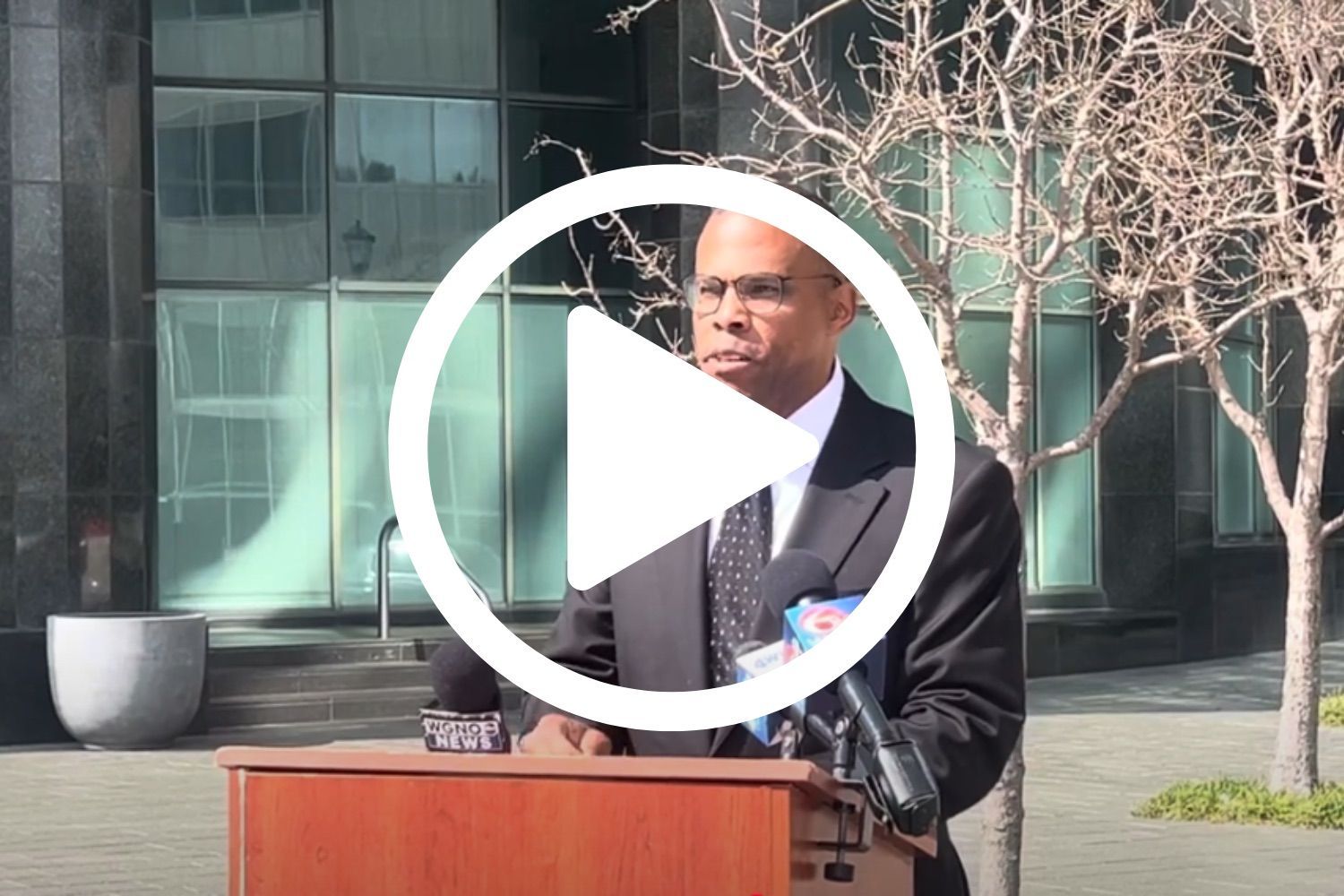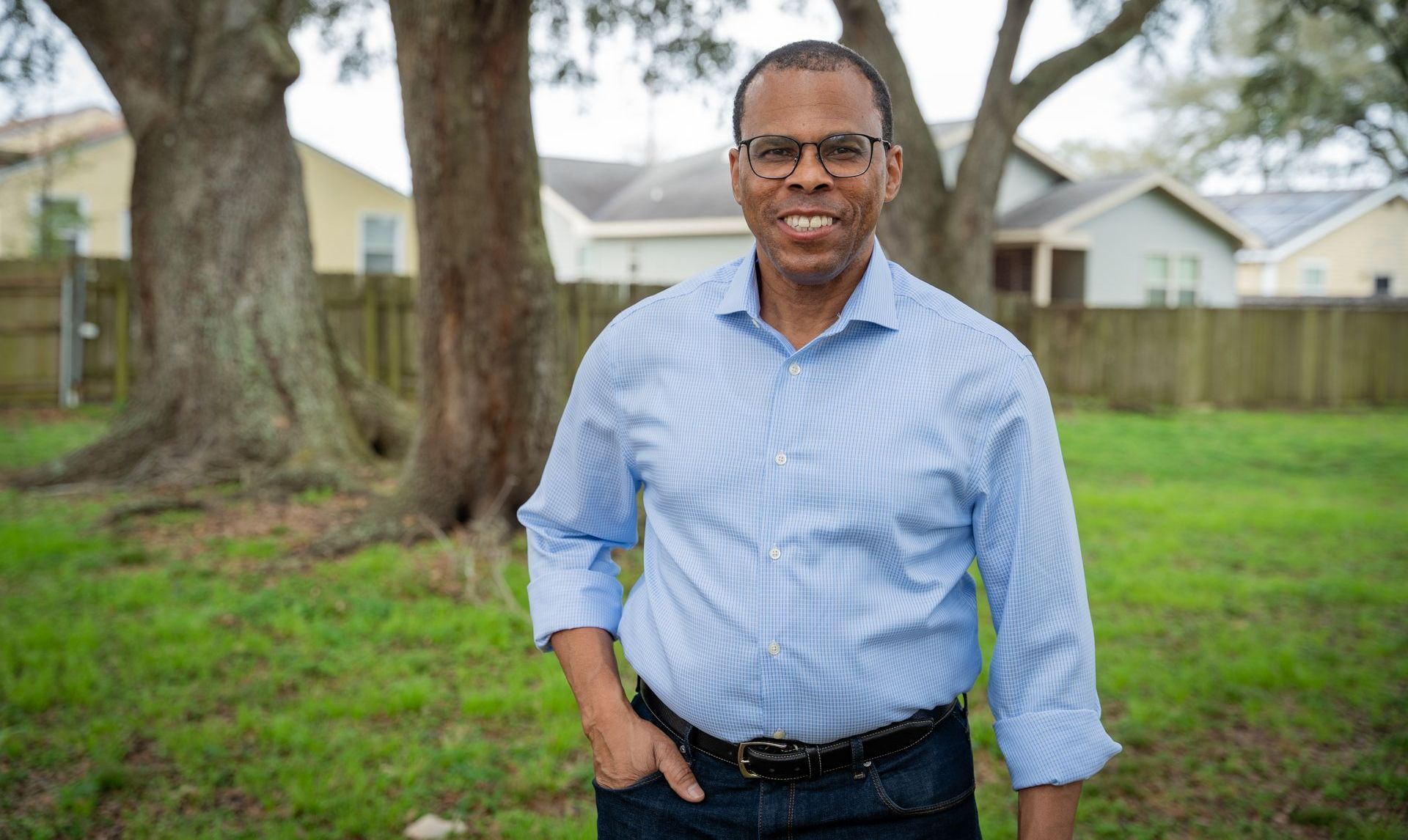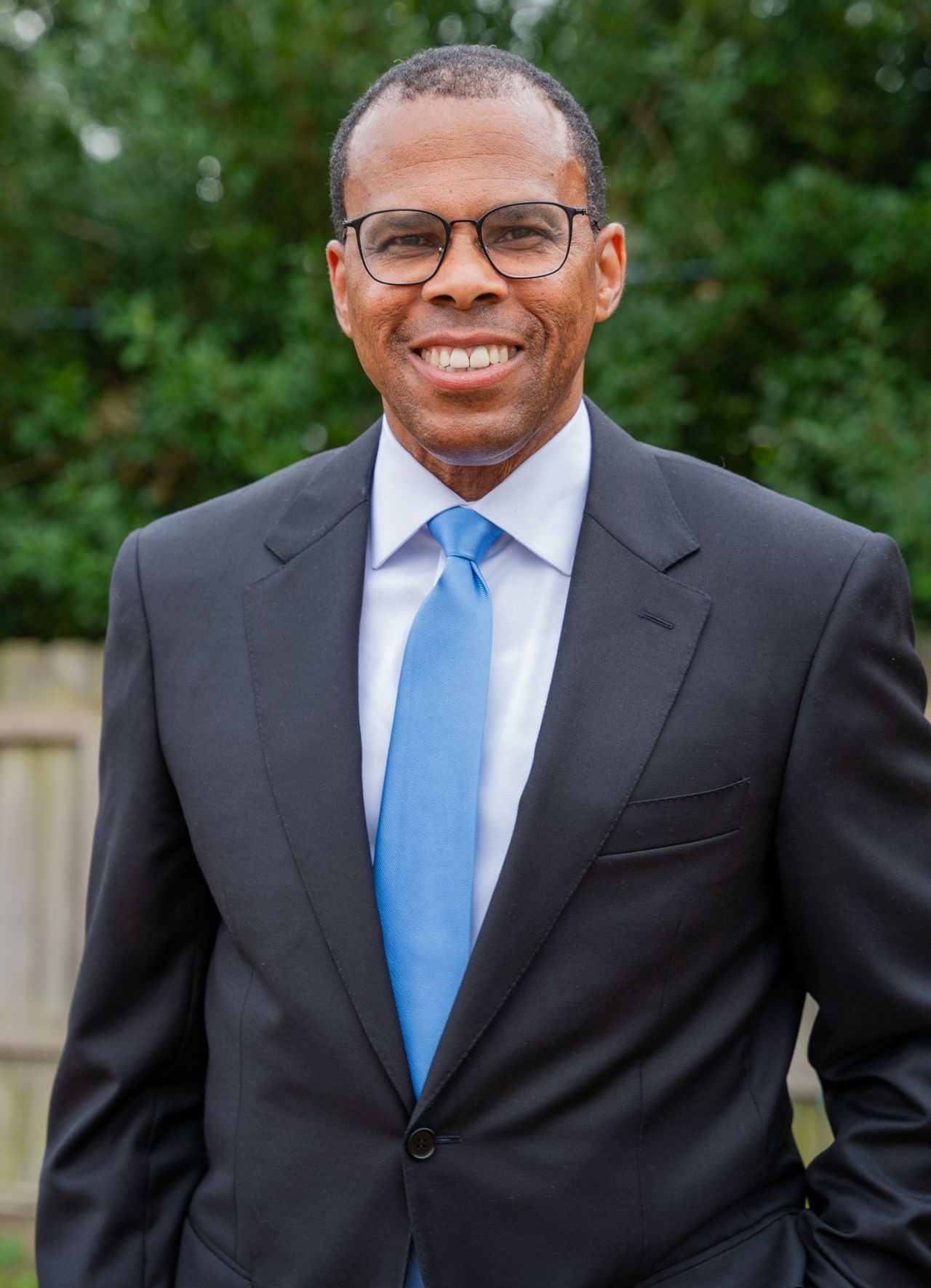If we bring the right people to the table and think outside the box, we can reduce insurance rates, bring down heat levels within our city, put our youth to work, have strong roofs, dry streets, cooler neighborhoods and be a national leader in climate adaptation.
As we enter hurricane season, we need to talk about climate change. But it needs to be more than mere talk and debates.
While politicians debate, markets respond to facts. Many of us see this in our skyrocketing homeowners insurance rates – if we are lucky enough to have insurance.
The insurance crisis is one painful symptom of the climate risks we face. We are experiencing stronger storms, brutal heat waves and intense rains, flooding our businesses, homes and streets. Our land is sinking, sea levels are rising and coastal wetlands are collapsing. Just last year, our drinking water was threatened by saltwater creeping up the Mississippi River. Climate change is a systemic risk to our finances, way of life and the city we love.
On the bright side, our state leads the nation in wetland restoration and flood-risk reduction, having developed a world-class Coastal Master Plan in the wake of Hurricane Katrina. Our levees are far stronger than those that broke as Katrina approached, flooding our city.
Many studies and maps, including this one released earlier this year by Guaranteed Rates Insurance, show increasing home-insurance premiums. At 34.3%, Louisiana’s increases in home-insurance prices topped the nation.
Yet New Orleans is widely recognized as one of the U.S. cities with the greatest climate risk. While we cannot control national or international climate policy, we are not helpless.
There are things we can do to make our roofs strong, our streets dry and our neighborhoods cooler. As a city, we can flip the script and become a national leader on adapting to climate change. Here is what we can do to combat the effects of climate change:
- Reduce flood risk with more effective drainage and water management. Our catch basins must be clean, our pumps must be reliable, and we must use more natural ways to live with water. (This may be too simple, given the way that the Sewerage & Water Board has defied some reforms. But there are ways to do this.)
- Make our roofs stronger and work with legislators and industry to ensure reduced insurance rates for homes that are more wind-resistant. Insurance companies are already asking about roof strength when writing new policies in the state. We must leverage government and private funding sources to make sure fortified roofs are available at all income levels.
- Make our neighborhoods cooler with proven strategies such as lighter roof colors, tree planting and more. While the world gets warmer, we can undo some of the urban heat-zones that are caused by the way we have built our cities.
- Offer career training for the next generation. We need roofers, engineers, scientists, arborists and more. At the same time, our youth need jobs. We can develop career training and jobs programs built around climate adaptation, creating career paths and businesses for years to come.
- To develop climate-adaptation plans and strategies that are inclusive and robust, build strong and collaborative partnerships among academia, neighborhood organizations, the business community, educators, architects, developers, environmental advocates, and our religious and civic leaders. These plans would complement the state’s coastal master plan. They would focus on things we can do inside the levee system.
- Lead the nation by standing up a New Orleans Climate Change Institute that will bring together local, national and international experts to develop and export climate solutions. We are at the front lines of climate change. From the tragedy and loss, we have developed knowledge and resilience. Let’s build on that.
New Orleans is not an island. We must work with our surrounding parishes — Jefferson, St. Bernard, Plaquemines, St. Tammany, St. Charles, St. James, and St. John the Baptist — because climate change has all our names. Only by working together can we effectively and efficiently develop strategies to deal with the impacts of climate change.
Most importantly, we must do this as one New Orleans, caring for our elders and neighbors. If we bring the right people to the table and think outside the box, we can reduce insurance rates, bring down heat levels within our city, put our youth to work, have strong roofs, dry streets, cooler neighborhoods and be the national leader in climate adaptation.
ARTHUR HUNTER IN THE NEWS
